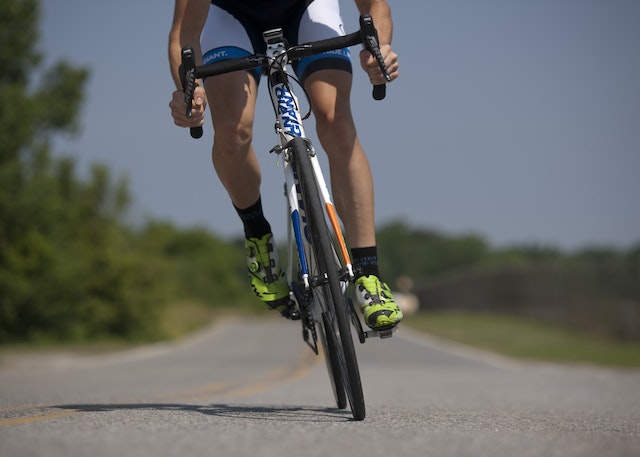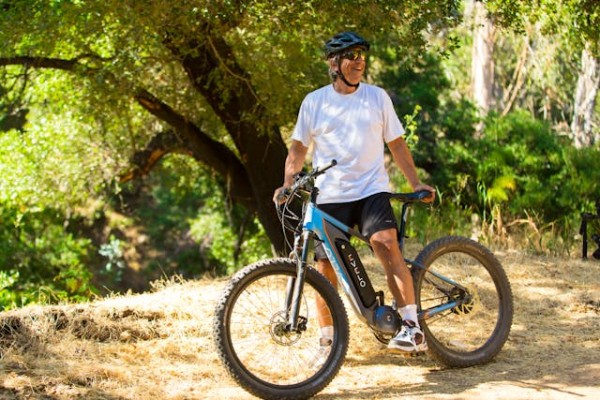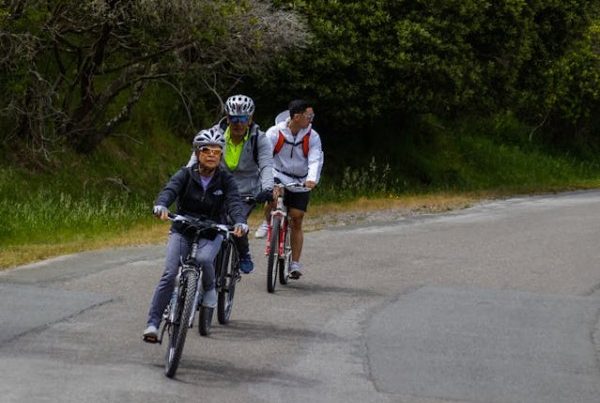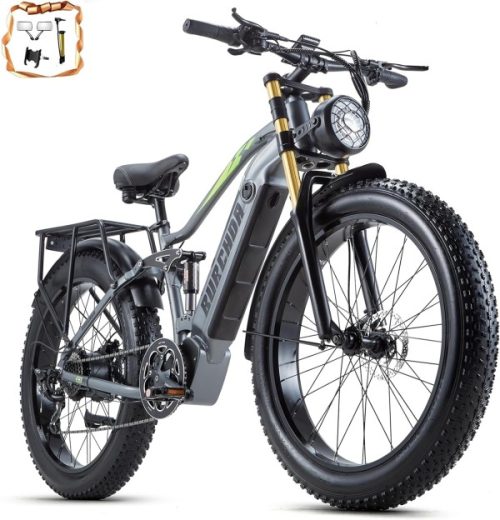Whether you’re planning a leisurely spin around the neighborhood or embarking on an epic, all-day adventure, fueling your body properly is essential. But with so much conflicting information out there, it can be overwhelming to know what and how much to eat. That’s where this cycling fueling guide comes in. In this guide, we’ll break down the basics of fueling for different ride lengths and give you practical strategies to optimize your nutrition.
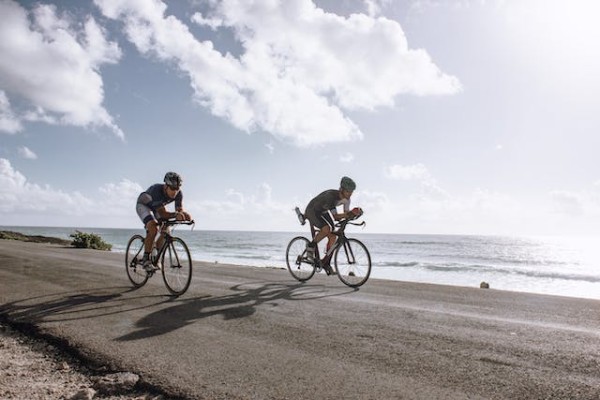
5. Understanding the Basics of Cycling Fueling
When it comes to nutrition, carbohydrates are your main source of energy. They provide the fuel your muscles need to perform at their best. Aim to consume complex carbohydrates like whole grains, fruits, and vegetables before a ride, as they release energy slowly and sustainably.
During your ride, opt for easily digestible carbohydrates like gels, energy bars, or sports drinks to keep your energy levels up. Hydration is equally important. Start your ride well-hydrated and drink fluids regularly, aiming for about 500ml per hour to replace what you lose through sweat. Remember to listen to your body and adjust your nutrition and hydration strategy accordingly.
4. Fueling Strategies for Short Rides
For short rides, prioritize quick and easily digestible fuel sources to sustain your energy levels. Aim for carbohydrates that are easily absorbed and provide a quick burst of energy, such as energy gels, chews, or sports drinks. These options contain simple sugars that can be rapidly absorbed and utilized by your muscles.
Additionally, consider consuming a small snack before your ride, such as a banana or a piece of toast with honey, to provide a steady release of energy. Hydration is also important, so make sure to drink water or a sports drink to replenish fluids lost through sweat. Remember to listen to your body and fuel accordingly, as individual needs may vary.
3. Fueling Strategies for Moderate Rides
Choose nutrient-dense foods that provide sustained energy for moderate rides. Aim for a balance of carbohydrates, protein, and healthy fats to fuel your body efficiently. Before your ride, consume a meal or snack that includes complex carbohydrates like whole grains or fruits, which release energy slowly.
During your ride, consider consuming easily digestible snacks such as energy bars, bananas, or gels to maintain your energy levels. Hydration is also crucial, so remember to drink water or electrolyte-rich beverages regularly. Post-ride, refuel with a combination of carbohydrates and protein to aid in muscle recovery. Opt for foods like yogurt with fruits, a turkey sandwich on whole grain bread, or a smoothie with protein powder.
2. Fueling Strategies for Long Rides
When preparing for long rides, it’s important to adjust your fueling strategies to sustain your energy levels and optimize performance. To fuel properly, aim for 30-60 grams of carbohydrates per hour. This can be achieved through a combination of sports drinks, energy gels, bars, and real food. Hydration is crucial, so drink 500-750 milliliters of fluid per hour, and consider adding electrolytes to your water to replenish what you lose through sweat.
It’s also essential to consume protein to aid in muscle recovery. Aim for 10-20 grams of protein within 30-60 minutes after your ride. Remember to listen to your body’s cues and adjust your fueling strategy accordingly. Experiment during training to find the right balance that works best for you.
1. Recovery Fueling for Post-Ride Nutrition
To optimize your post-ride recovery, fueling your body with the right nutrients is essential. After a long ride, your muscles are fatigued and depleted. Consuming a combination of carbohydrates and protein within 30 minutes to an hour post-ride can enhance muscle repair and glycogen replenishment. Aim for a ratio of 3:1 or 4:1 carbohydrates to protein.
Good carbohydrate sources include fruits, whole grains, and starchy vegetables. On the other hand, lean meats, dairy products, and plant-based protein sources like tofu or legumes are excellent protein options.
Additionally, don’t forget about hydration. Replenishing fluids lost during exercise is crucial for optimal recovery. Water, electrolyte-rich beverages, and even chocolate milk can help rehydrate and provide necessary nutrients. Prioritize post-ride nutrition to enhance recovery and prepare for your next cycling adventure.
Frequently Asked Questions
What Are Some Good Pre-Ride Fueling Options for Cyclists?
To fuel up before your ride, consider options like oatmeal, yogurt with fruit, or a banana with peanut butter. These choices provide a mix of carbohydrates and protein, giving you sustained energy. Don’t forget to hydrate as well, drinking water or a sports drink. Experiment with different foods to see what works best for you.
Is It Necessary to Consume Sports Drinks During Moderate Rides?
Yes, it’s necessary to consume sports drinks during moderate rides. These drinks provide crucial electrolytes and carbohydrates that help replenish your energy levels and maintain hydration. They can prevent muscle cramps, improve endurance, and enhance your overall performance.
Sports drinks are specifically designed to be easily absorbed by your body, making them an ideal choice for fueling during exercise. So, don’t forget to include them in your cycling fueling routine for optimal results.
Can I Use Energy Gels as a Fueling Option for Short Rides?
Yes, you can use energy gels as a fueling option for short rides. Energy gels provide a quick source of carbohydrates to fuel your muscles during exercise. They’re convenient and easy to consume on the go.
However, it’s important to remember that energy gels should be used in addition to a balanced diet and not as a substitute for real food. For longer rides, it’s recommended to also include other fueling options such as bars, fruits, and electrolyte drinks.
Conclusion
Fueling properly during your cycling rides is crucial for optimal performance and recovery. Remember the adage ‘fuel the ride, don’t ride the fuel’ to remind yourself to prioritize nutrition on the bike. Whether it’s a short, moderate, or long ride, having a well-planned fueling strategy will ensure you have enough energy to power through and recover effectively afterward.


